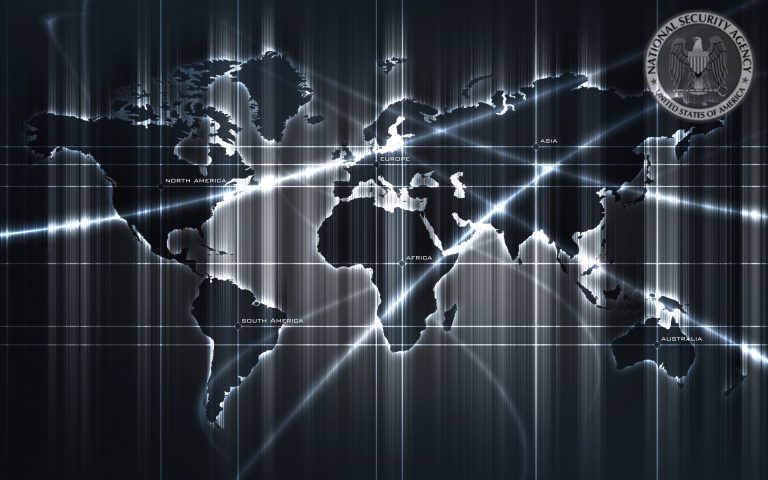And I’m not talking about the frosty weather hitting New York City this week.
A new report by NCAC coalition member PEN American Center, “Global Chilling: The Impact of Mass Surveillance on International Writers” finds that government surveillance in democratic countries is chilling free speech, driving novelists, editors, poets, and journalists to self-censor their work. The numbers are particularly frightening: 75% of writers polled in democratic nations classified as “Free” by Freedom House (e.g. United States, United Kingdom, Australia) feel threatened by mass surveillance tactics employed by their government. Compare this to the 80% of writers living in countries with long legacies of state surveillance, designated as “Not Free” (e.g. Syria, North Korea, Saudi Arabia), and the chill begins to snowball into a storm.
How has America, a country known for its First Amendment freedoms, succumbed to the plot lines of such frequently banned novels as 1984? Perhaps we have American whistleblower Edward Snowden to blame (or thank) for releasing evidence of mass surveillance programs run by the US National Security Agency (NSA). One respondent who resides in the UK noted in the report that “…the revelations of Edward Snowden, [NSA] whistleblower have made me think about what ‘freedom’ means in the 21st century and what we are and have been prepared to ‘pay’ for it.”
Is the world we live in so black and white that our freedoms must be sacrificed in order to adequately protect us from violence and terrorism? Writers should not have to coat their work with passive language in order to steer clear of triggering negative backlash. While corporations exist in an entirely different sphere where First Amendment obligations falter in the face of monetary gain, we can learn something from the Sony debacle: Nothing chills free speech more than succumbing to threats of violence and intimidation—whether it’s from a foreign government or your own.
At our 2014 Free Speech Matters Gala, we honored writer Neil Gaiman, who spoke of the need to fight those “who are trying to protect us from ourselves by shutting us up and stopping us from being exposed to ideas.” We can only hope that writers like Gaiman continue to fight against self-censorship in 2015 and beyond in order to preserve our right to disgrace, debunk, and dismiss anything we choose.


